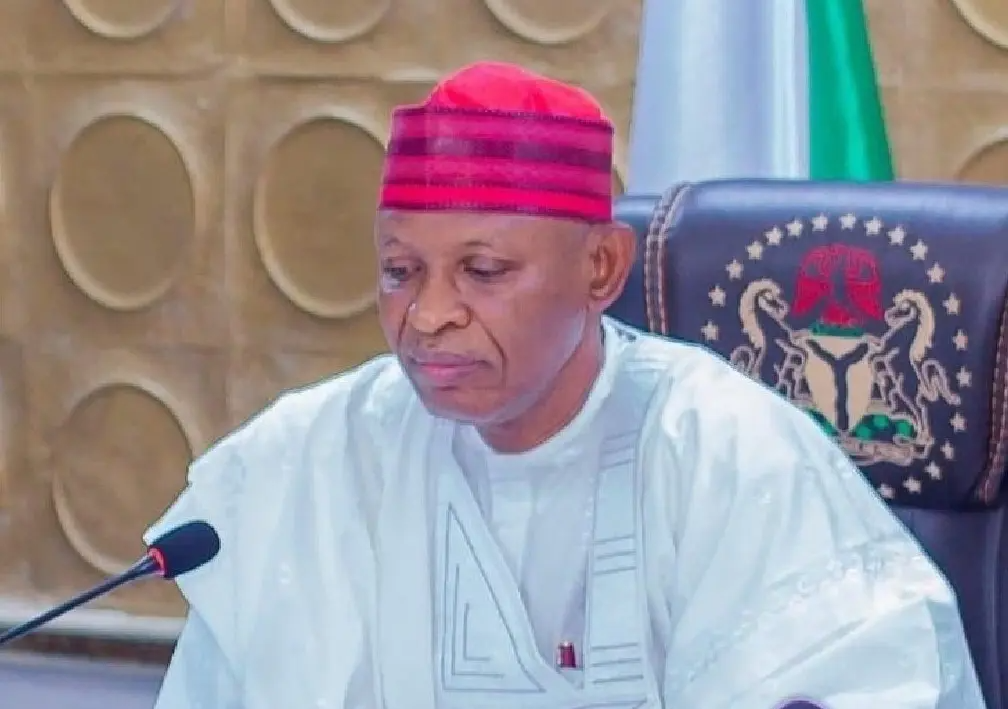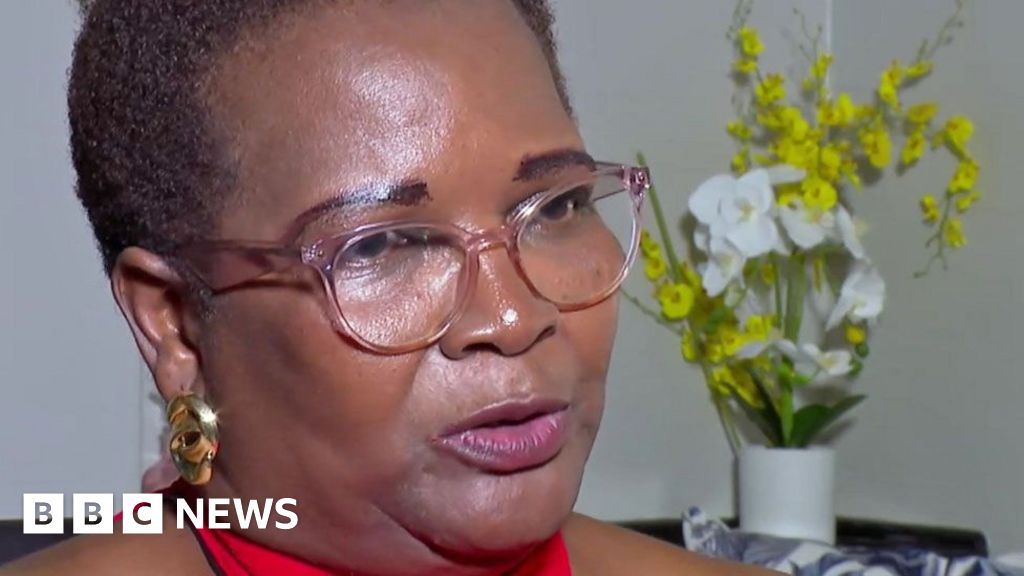A Nigerian professor and immediate past Vice-Chancellor of University of Ibadan, Idowu Olayinka, has stressed the need for urgent reforms in Nigeria’s electoral process to deepen the country’s democratic growth.
Mr Olayinka spoke on Thursday at the University of Lagos (UNILAG), Akoka, during the launch of a book in honour of a renowned Professor of Political Science, Adele Jinadu, and organised by the university’s Faculty of Social Sciences in collaboration with the Centre for Inter-African & Development Studies (CIDES).
Titled: “Federalism, Elections, and Challenges of Democratic Governance in Nigeria,” the book was edited by the Dean of UNILAG’s Faculty of Social Sciences, Adelaja Odukoya, and Warisu Alli.
In his presentation, titled: “Nigeria’s Governance Crisis: Federalism, Democracy and Election Complications,” Mr Olayinka identified electoral fraud, poverty, insecurity and unemployment as major challenges facing Nigeria’s democratic development.

He said some of the problems have negatively impacted good governance in the country.
The guest lecturer said: “Some of the problems that stare us in the face in Nigeria include poverty, insecurity of lives and property, unemployment, the menace of out-of-school-children, the continuous emigration of Nigerians to other parts of the world while seeking greener pastures in what has been dubbed the Japa syndrome.
“If elections are free, fair and transparent, it would help to produce leaders who are accountable to the people, ensure the participation of the citizens in their own affairs, observance of the rule of law which will promote equal justice for all and as well ensure that the voice of the minority groups are heard in the decision-making process”.
Nigerians need credible journalism. Help us report it.
PREMIUM TIMES delivers fact-based journalism for Nigerians, by Nigerians — and our community of supporters, the readers who donate, make our work possible. Help us bring you and millions of others in-depth, meticulously researched news and information.
It’s essential to acknowledge that news production incurs expenses, and we take pride in never placing our stories behind a prohibitive paywall.
Will you support our newsroom with a modest donation to help maintain our commitment to free, accessible news?
The former vice-chancellor further suggested that holding elections without postponement, enacting a law for mandatory live televised debates among candidates, and mainstreaming technology into the electoral process could help improve the process and reduce the governance crisis in Nigeria.
University staff versus electoral integrity
The guest lecturer emphasises the role of university staff in ensuring the integrity of the electoral process and in maintaining credibility.
He added that the deployment of vice-chancellors and other ranking universities’ staff to serve in elections conducted by the Independent National Electoral Commission (INEC) is a good move as university staff are expected to maintain their reputation and uphold the integrity of the electoral process.
He said: “The thinking of Professor Jega was probably to the effect that university dons would not mortgage their hard-earned reputation and thereby destroy their careers by indulging in electoral malpractices.
“This has, in my humble opinion, turned out to be a very wise decision as the deployment of vice-chancellors has helped in improving the credibility of the elections conducted by INEC”.
Book Review
Michael Kunle, a professor, described the book as a comprehensive 544-page scholarly work with contributions from 30 authors.
The book reviewer highlighted the book’s exploration of Nigeria’s complex federal system and political instability, calling it a significant contribution to the field of political science.
He said the book centres on the need for restructuring in Nigeria, with a focus on addressing socio-political anomalies and ethnic tensions.
He added that the book suggests that Nigeria’s foreign policy should adopt a pan-Africanist approach to address regional challenges.
“This book has addressed the core problems associated with Nigeria’s federalism, which include patriarchy, resource allocation, secessionist agitations and fiscal federalism versus feeding bottle federalism. I would categorise this book as a scholarly compilation in the field of political science focusing on African politics, democracy, and governance,” he remarked.
Okunnu speaks
In his welcome address as the chairman of the event, the former Federal Commissioner for Works, Femi Okunnu, reflected on the history of Nigeria’s political arena, drawing comparisons between the political activism of the 1950s and contemporary politics.
He highlighted the pervasive issues of ethnicity and how it has caused division in African politics with vote tampering, vote buying and corruption that have over the years continued to plague Nigerian politics.
“A lot still needs to be done in Nigerian politics. In other countries of the world, there’s nothing like INEC but here in Nigeria, INEC dictates everything both at the local, state and federal levels. Corruption has existed from the onset and it is existing in our political cascade in Nigeria. That’s the problem we will continue to live with unless we solve it,” he said.
Speaking on the book, Mr Okunnu expressed hope that the book would spur more political discourse in Nigeria, and encourage the rise of a new generation of leaders who prioritise the country over ethnicity and religion.
He emphasised the importance of naturalists in leading Nigeria, noting the stagnation in political progress over the past 25 years since the era of military rule.
“This book exposes deep forces of the discourse of Nigeria’s political system and I hope it will continue the success where Nigeria will have people who love the country,” he stated.
About Adele Jinadu
Adele Jinadu had his university education at the University of Oxford, United Kingdom and graduated with a Bachelor of Arts in philosophy, politics and economics, also at the University of Minnesota, USA, where he obtained a PhD degree in political science with a major in moral philosophy.
Mr Jinadu retired as a professor of Political Science at Lagos State University in 2001, where he served as the dean of the faculty of social sciences, having taught previously at the University of Lagos, where he was acting head of political science department from 1979 to 1982.
He is the author of “Fanon: In Search of African Revolution”; “Social Science and Developments: Ethiopia, Tanzania and Zimbabwe”; “Structure and Choice in African Politics,” among others.
Attendees
The event was graced by notable figures including Tajudeen Olarenwaju, a retired major General and former Minister of Communications; Chairman of Caverton Helicopters; Adeniyi Makanjuola; Founder and CEO of Lagos Deep Offshore Logistics, Oladipo Jadesimi; CEO of Ebony Funeral; Bimbo Ogunkelu; Gbadebo Dallas and an assembly of distinguished professors from various faculties of the university.
Support PREMIUM TIMES' journalism of integrity and credibility
At Premium Times, we firmly believe in the importance of high-quality journalism. Recognizing that not everyone can afford costly news subscriptions, we are dedicated to delivering meticulously researched, fact-checked news that remains freely accessible to all.
Whether you turn to Premium Times for daily updates, in-depth investigations into pressing national issues, or entertaining trending stories, we value your readership.
It’s essential to acknowledge that news production incurs expenses, and we take pride in never placing our stories behind a prohibitive paywall.
Would you consider supporting us with a modest contribution on a monthly basis to help maintain our commitment to free, accessible news?
TEXT AD: Call Willie - +2348098788999

















 English (US) ·
English (US) ·